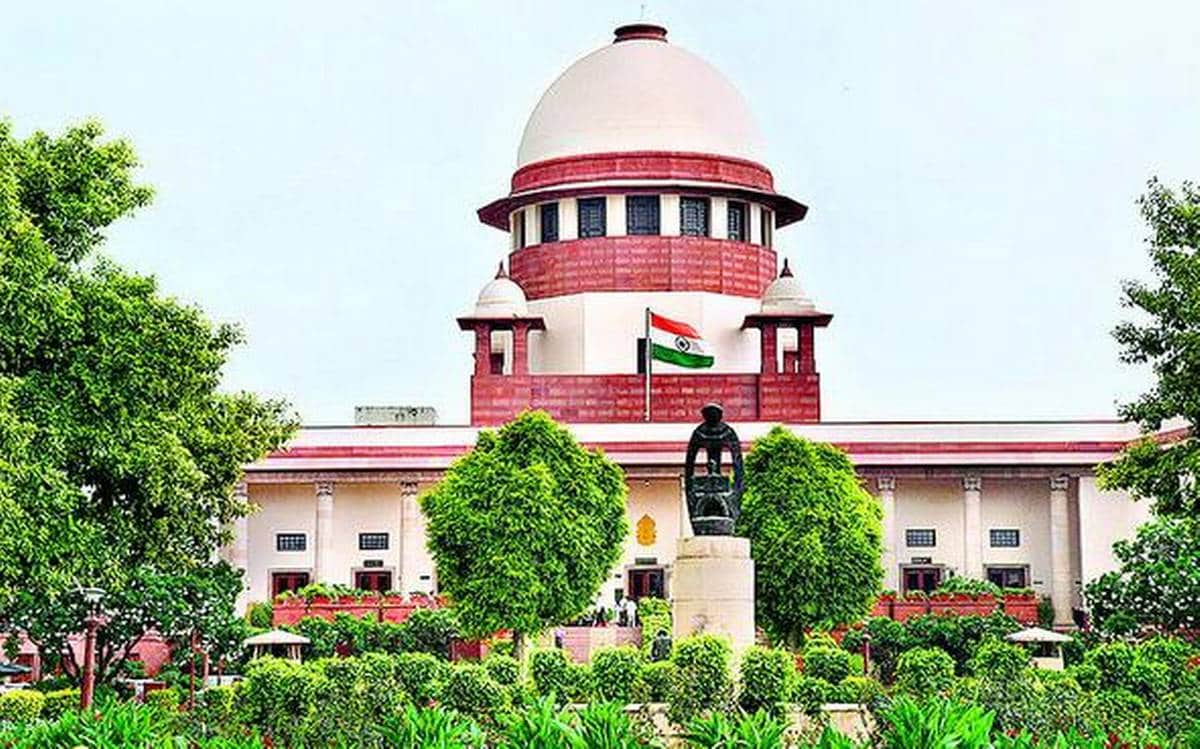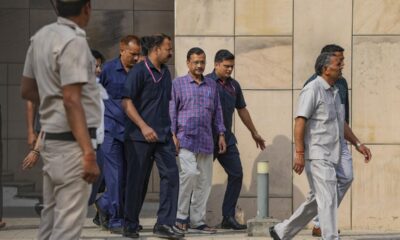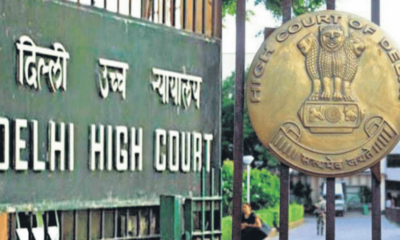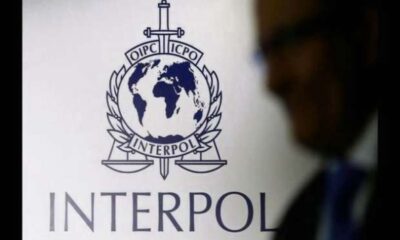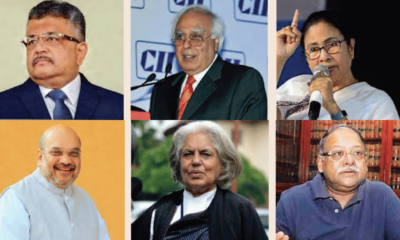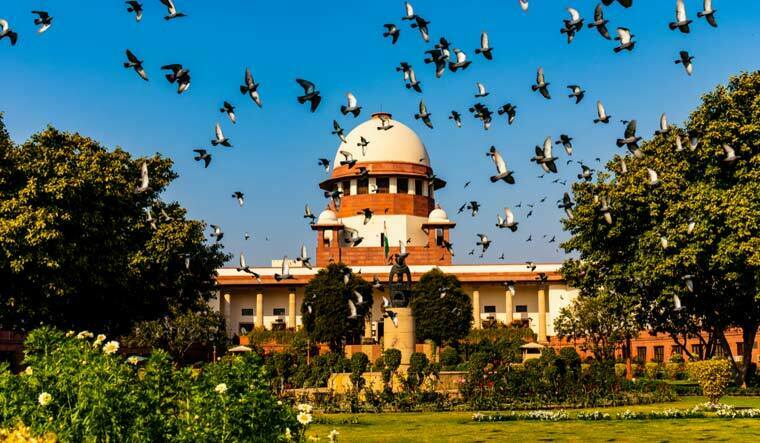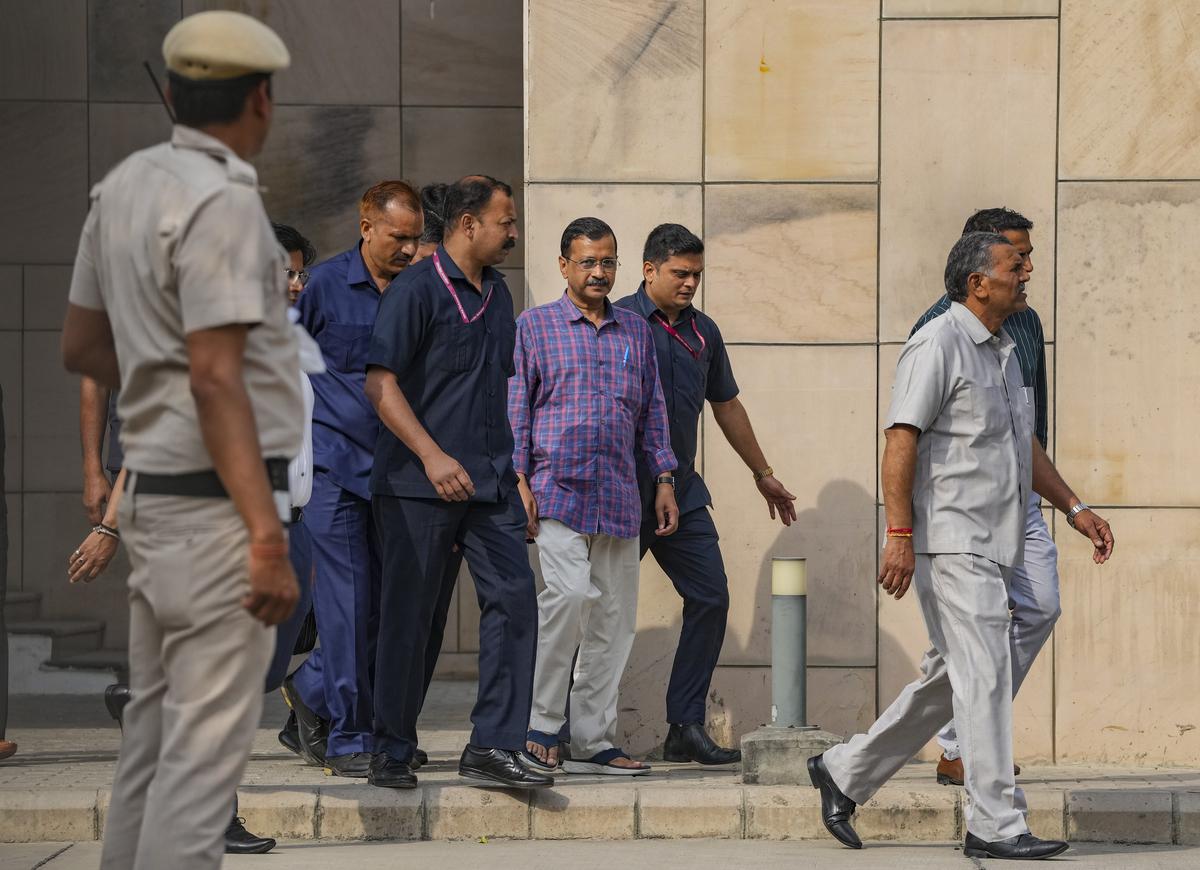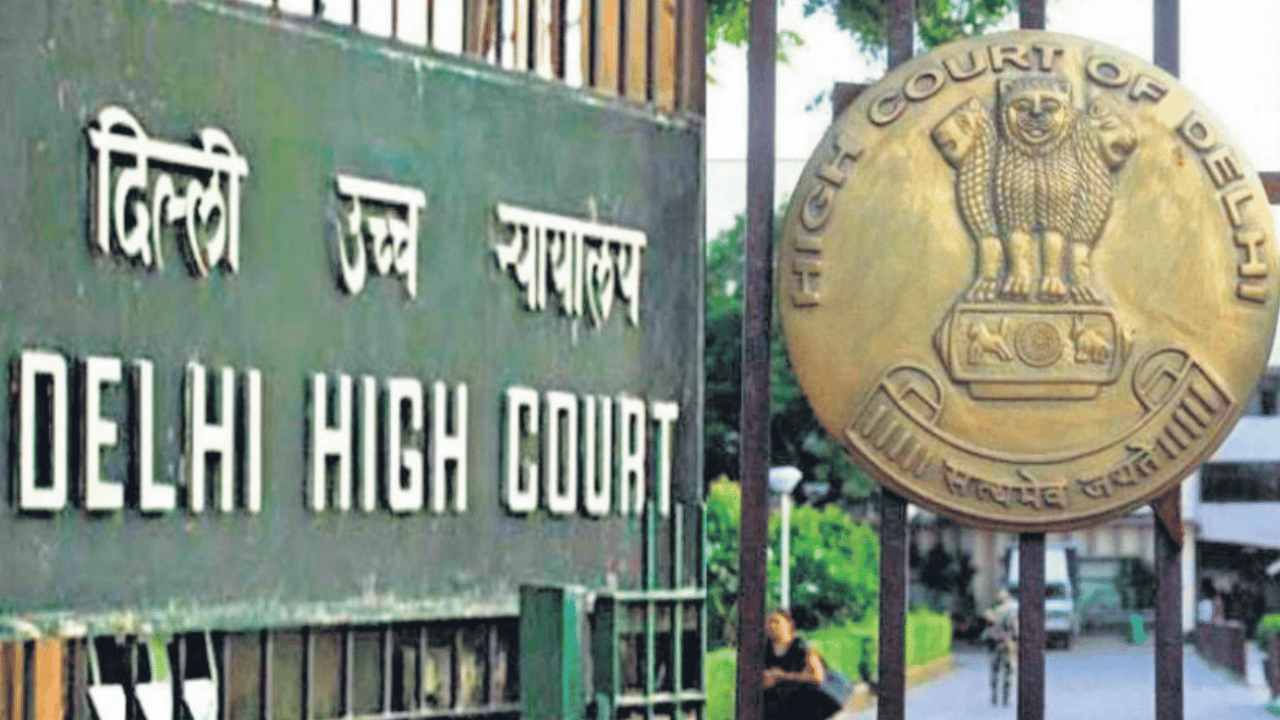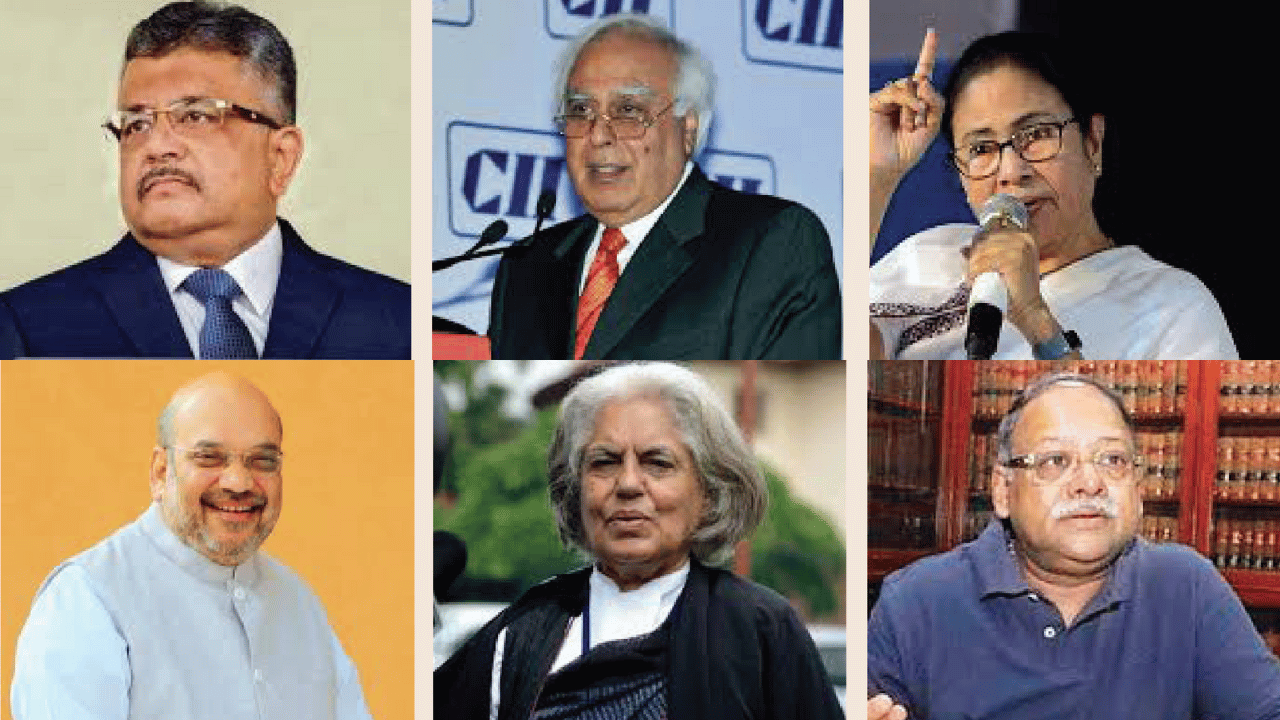The Delhi High Court in the case Arvind Kejriwal v. Directorate Of Enforcement observed and has reserved verdict on the plea moved by Chief Minister Arvind Kejriwal challenging his arrest by the Enforcement Directorate, ED in the money laundering case related to the alleged liquor policy scam case.
The bench headed by Justice Sharma in the case observed and has denied any interim relief to Kejriwal and only issued notice on his plea challenging the arrest, as well as his interim application seeking immediate release.
In the present case, Kejriwal is currently in judicial custody. Kejriwal was being arrested on the night of March 21.
The Trial Court in the case remanded him to six days of ED custody, which was extended by further four days. On April 01, he was remanded to judicial custody till April 15.
It has been stated by the Enforcement Directorate, ED that Kejriwal is the kingpin and the key conspirator of the excise scam and there were reasons to believe on the basis of material in its possession that he was guilty of the offence of money laundering.
It has also been alleged that the Aam Aadmi party was the ‘major beneficiary’ of the proceeds of the crime and has committed the offence through Kejriwal.
The response stated that, the Aam Aadmi Party, AAP is the major beneficiary of the proceeds of crime generated in the Delhi Liquor Scam. The Sh Arvind Kejriwal was and is not only the brain behind the AAP but also controls its major activities, he was also one of the founding members and was also involved in the decision making of the policy as evident from the statements of the witnesses.
Arguments:
The counsel, Additional Solicitor General SV Raju told the Court that investigation qua the sitting CM is at a nascent stage. Thus, he also pointed that Kejriwal has not challenged the latest order remanding him to 15 days judicial custody. He has also challenged the first remand order. Please look at the remand order of 26 March. Today we are on April 3. The second remand order is passed on March 28. That has not been challenged. Thus, the third remand order of judicial custody has not been challenged. So today his custody isn’t pursuant to arrest or first remand order, it’s pursuant to April 1 order which has not been challenged. Therefore, Raju also wondered if Kejriwal can challenge his remand since he did not oppose it. ‘He voluntarily accepts please remand me further. Can he challenge the remand order? Or is it barred by waiver? They are blowing hot and cold at the same time. You cant challenge the remand order and say please pass the order and accept it. They have not challenged the latest orders pursuant to which he is in custody. Thus, custody can’t be said to be illegal.”
The counsel, Senior Advocate Abhishek Manu Singhvi appearing for Kejriwal argued before the court that the central probe agency did not comply with Section 50 PMLA which empowers it to issue summons, collect evidence, etc. thus, it being clear that section 50 involves an inquiry. Because it’s inquiry which enables ED to make up mind about arrest and prosecution. No attempt is made to record my section 50 even at my residence. While pointing out the remand application he added ED wants to “find out” the role of Chief Minister. ‘Surely that’s not a ground for today’s arrest… There has to be specific role of the petitioner, even for the company, which I’m denying.’
On the other hand, it has been argued by the ASG that the fact that a PMLA offence has taken place is clear and beyond any doubt. Because as far as first Police Custody and subsequent Police Custody is concerned, court has taken cognizance… Categorical finding that there is money laundering. Cognizance of the offence of money laundering. Nobody has challenged the order.
It has also been contended by the Singhvi that ED forced the approvers Raghav Magunta, Sarath Reddy and Magunta Reddy to make statements against Kejriwal. Further, it has been alleged that two approvers even have links with the ruling party. Adding to it, Singhvi stated that initial statements that did not implicate Kejriwal are not even put on record by the ED. ‘These statements are kept in unrelied. Why should the court not see it? Is it fair? What cannon of fairness are you carrying ED? Out of 13 statements by this Reddy. He says nothing in 11 statements. The judge will go by one statement?’
He also questioned the necessity of arrest amid upcoming general elections. The test is not can arrest. It is demonstrating the necessity to arrest. The should arrest test. The necessity to arrest immediately before elections… the only object is to insult, humiliate and disable… So that the petitioner is unable to participate in the election process and to try to demolish the party before the first vote is cast. The timing reeks of basic structure issue, free and fair election issue and democracy issue. What is this urgency or necessity?
Further, Singhvi stated that it said to be a flight risk, given his deep roots in the society. Responding to this ASG stated that, supposing a political person commits murder two days before elections. This means he can’t be arrested? Basic structure comes into play? Criminals are supposed to be arrested and put in jail. In such cases there is no infringement of basic structure.
Further, it has been argued by ASG that calculation was done as to why 5 percent profit was made 12 percent in the new policy. “Only inference is that it was done so that 7 percent of portion is used for giving kickbacks. The fact that there is a scam is beyond doubt. Howsoever hue and cry you make, its a fact that a scam was there… Finding of the actual proceeds of crime is irrelevant if we make out a case that you were involved in money laundering.
Facts of the Case:
Kejriwal had skipped nine summons issued to him by ED. The Aam Aadmi Party leaders Manish Sisodia and Sanjay Singh are also accused in the case and are presently in judicial custody. While following his arrest, Kejriwal had promptly moved an urgent petition before the Supreme Court challenging his arrest. However, the same was withdrawn later. Kejriwal has previously moved the Delhi High Court, the division bench wherein it challenged the summons issued to him by the central probe agency. He has also filed an application seeking interim protection. The matter is fixed for hearing on April 22. The Kejriwal has skipped the summons, claiming that they are illegal.
It has also been alleged by the ED that Arvind Kejriwal is the ‘kingpin’ of Delhi excise scam and is directly involved in the use of proceeds of crime accounting to over Rs. 100 crores. It being the case of ED’s that the excise policy was implemented as part of a conspiracy to give wholesale business profit of 12 percent to certain private companies, although such a stipulation was not mentioned in the minutes of meetings of Group of Ministers, GoM. Further, it has also been claimed by the Central agency that there was a conspiracy that was coordinated by Vijay Nair and other individuals along with South Group to give extraordinary profit margins to wholesalers. According to the agency, Nair was acting on behalf of Chief Minister Arvind Kejriwal and Manish Sisodia.
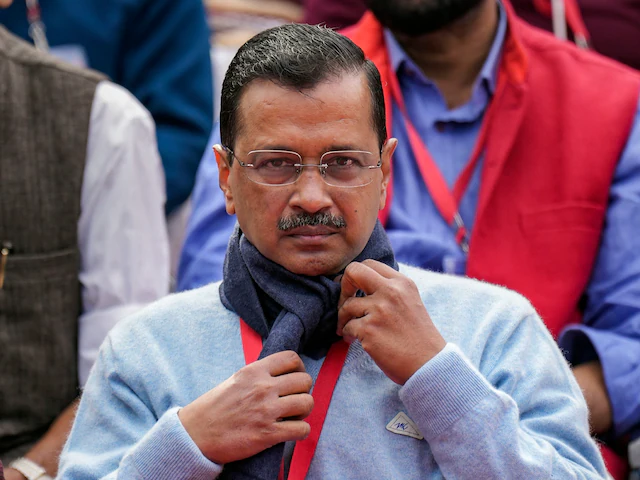

 Opinion2 years ago
Opinion2 years ago
 Fashion7 years ago
Fashion7 years ago
 Entertainment7 years ago
Entertainment7 years ago
 Entertainment7 years ago
Entertainment7 years ago
 Opinion2 years ago
Opinion2 years ago
 Business News2 years ago
Business News2 years ago
 Policy&Politics2 years ago
Policy&Politics2 years ago
 Business News2 years ago
Business News2 years ago
